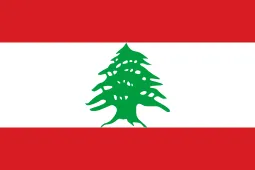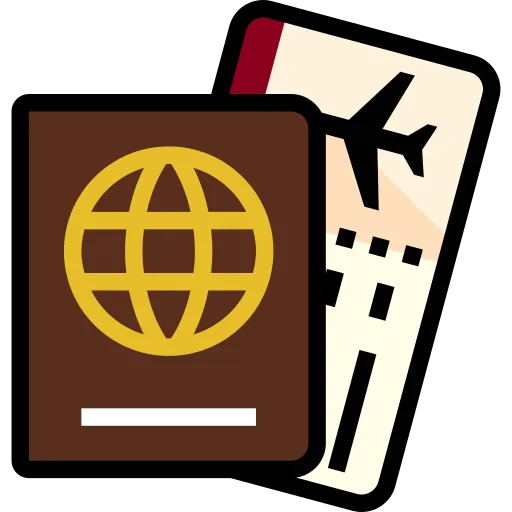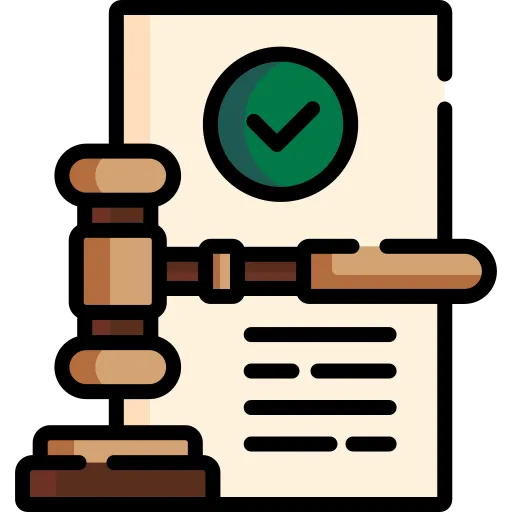

Passport Requirements
Visa Requirements
Special Entry Provisions
Visa Types
Important Links
Additional Considerations

Current Toll Roads
Toll Rates and Payment
Driving in Lebanon
Important Considerations
Useful Links

The official currency of Lebanon is the Lebanese Pound (LBP).
Key Information
Currency Exchange
Payment Methods
Travel Tips

Understanding local laws and regulations is crucial for a safe and compliant visit. Below are key legal considerations for travellers in Lebanon, updated as of 2025.
Local Laws & Restrictions
Duty-Free Limits
Prohibited Items
Luggage Issues
Complaints
Beach Access
Key Resources

Lebanon can be safe for travellers in certain areas, with low crime rates against tourists but significant risks due to political instability, economic challenges, and regional tensions. Travellers should remain aware of health precautions, road safety, and emergency protocols. Below is a concise guide to staying safe and healthy in Lebanon.
Safety Overview
Health Risks
Medical Facilities
Emergency Contacts
Travel Tips
Key Links
